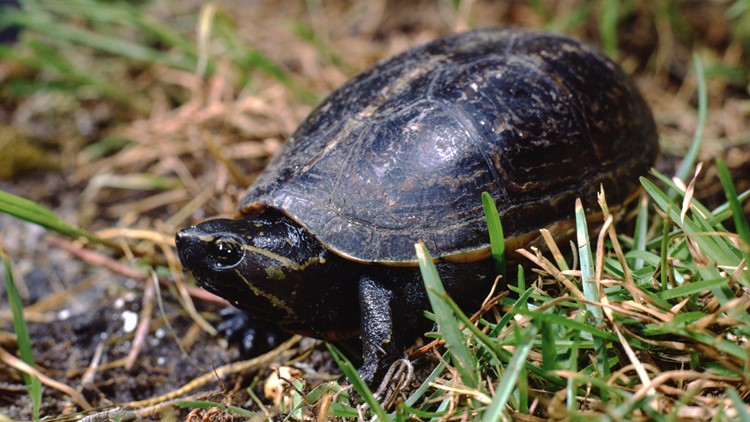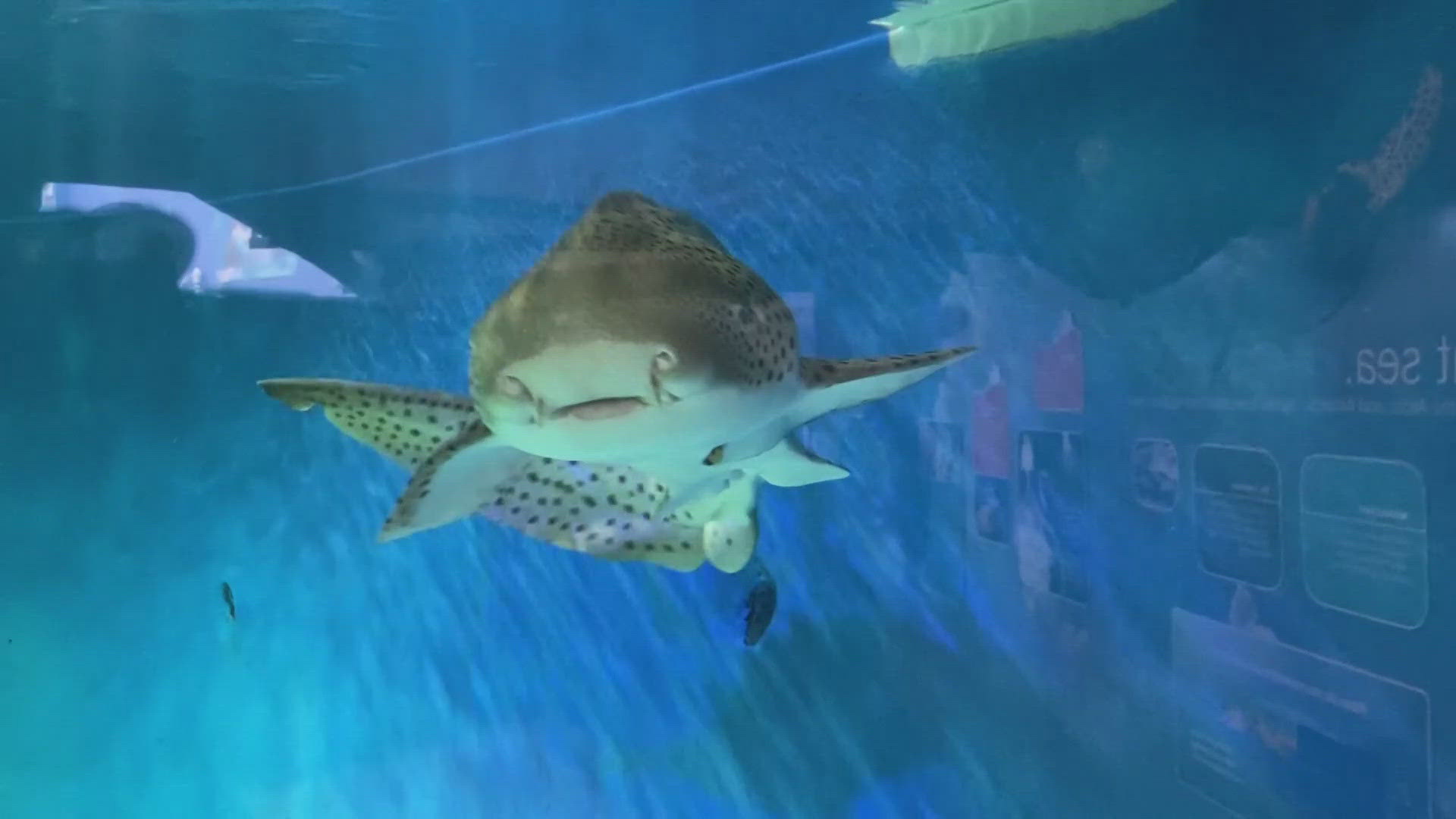ST. PETERSBURG, Fla — The trafficking of wildlife, including freshwater and aquatic life, is a serious problem in Florida, officials say.
The Florida Fish and Wildlife Conservation Commission (FWC) says there is a "significant" demand in black-market trade for the animals native to Florida.
Notably, federal prosecutors have cracked down on big-name cases like the so-called "Lizard King" of Florida, Michael Van Nostrand. He was recently accused of scheming to export illegally harvested turtles to China and Japan.
The 54-year-old is accused of falsely labeling three-striped mud turtles as having been bred in captivity. And this is just the latest instance in Van Nostrand's history of running into the law.
So what is it about Florida wildlife that someone in another country would want?
The FWC said in a report that species of turtles found in the U.S. are often smuggled overseas to be sold in Asian pet markets.
Wildlife trafficking is the fourth-most profitable international crime, the Animal Legal Defense Fund reports.
Targeted animals in Florida include reef fish, freshwater turtles (such as three-striped mud turtles), sharks, captive monkeys and tigers, black bears and alligators. Many of these species fall under the federal Endangered Species Act.
Federally listed endangered species in Hillsborough County include Gopher tortoise, Eastern indigo snakes, Green sea turtles, Leatherback sea turtles, Kemp's ridley sea turtles and loggerhead sea turtles.
There is a House bill sponsored by Florida Rep. Jenna Persons-Mulicka (R-78) and Rep. Tobin Rogers "Toby" Overdorf (R-38) that would add wildlife crimes to the list of racketeering offenses, allowing harsher penalties to people who illegally take, kill, sell, purchase, or possess wild animals under Florida’s RICO (Racketeer Influence and Corrupt Organization) Act.
If you see potential violations, you can report them to the FWC by calling the Wildlife Alert Hotline at 888-404-3922 or texting tip@myfwc.com.



